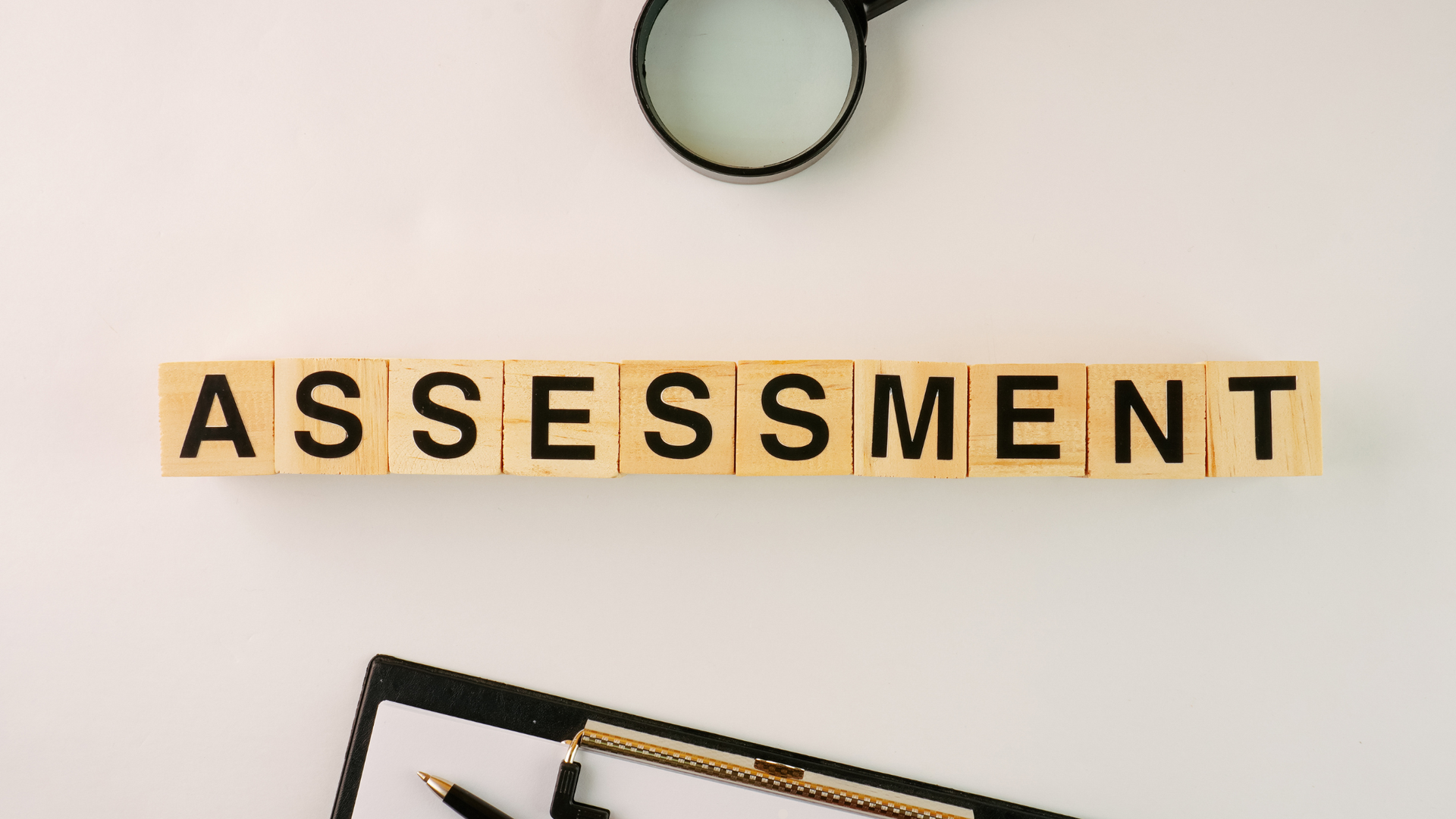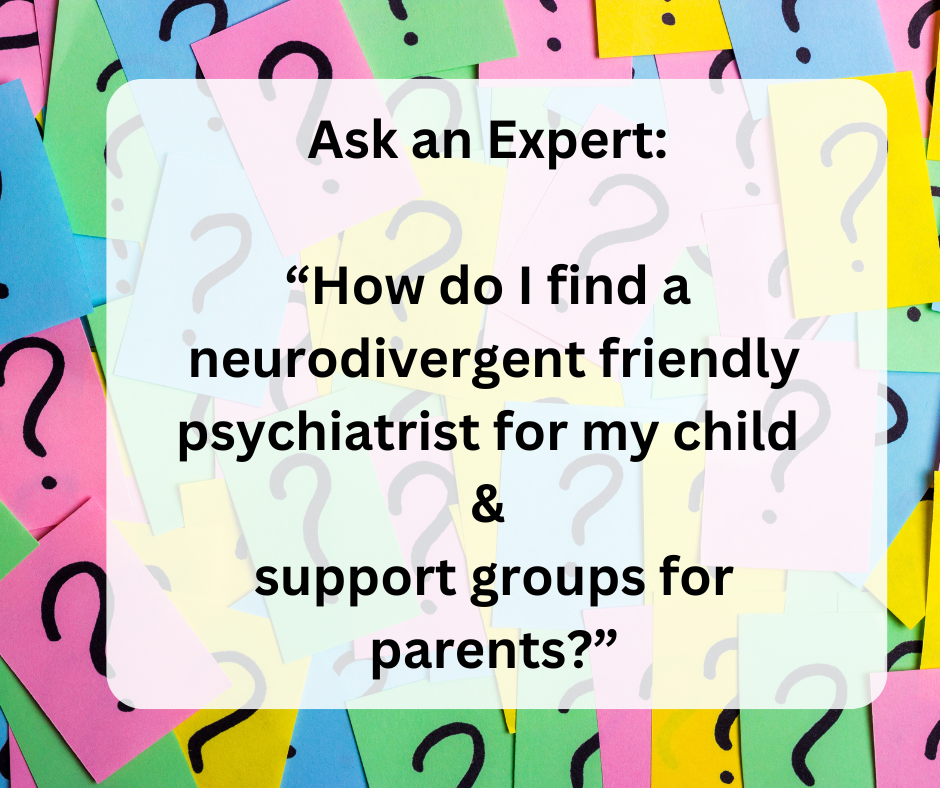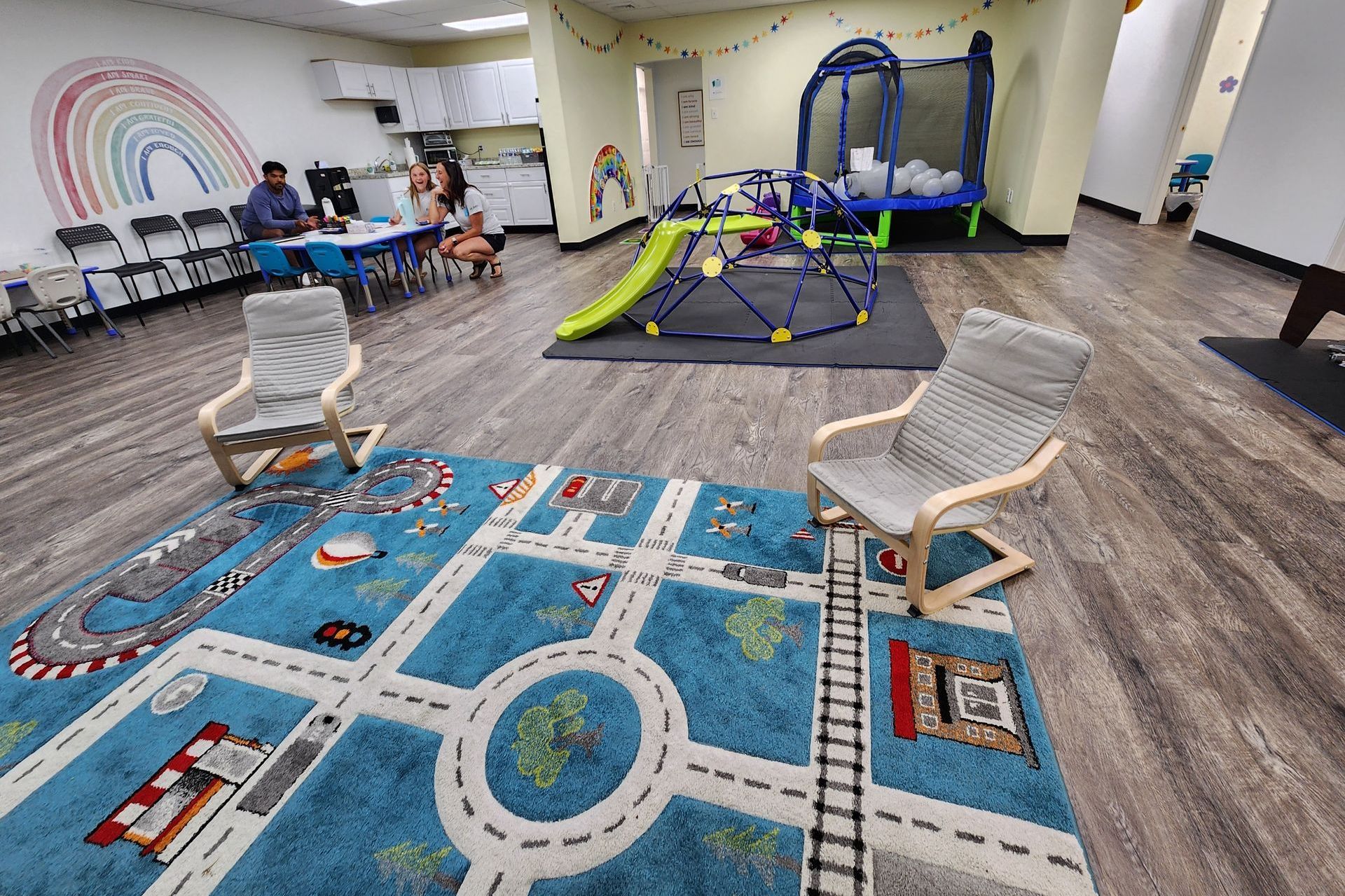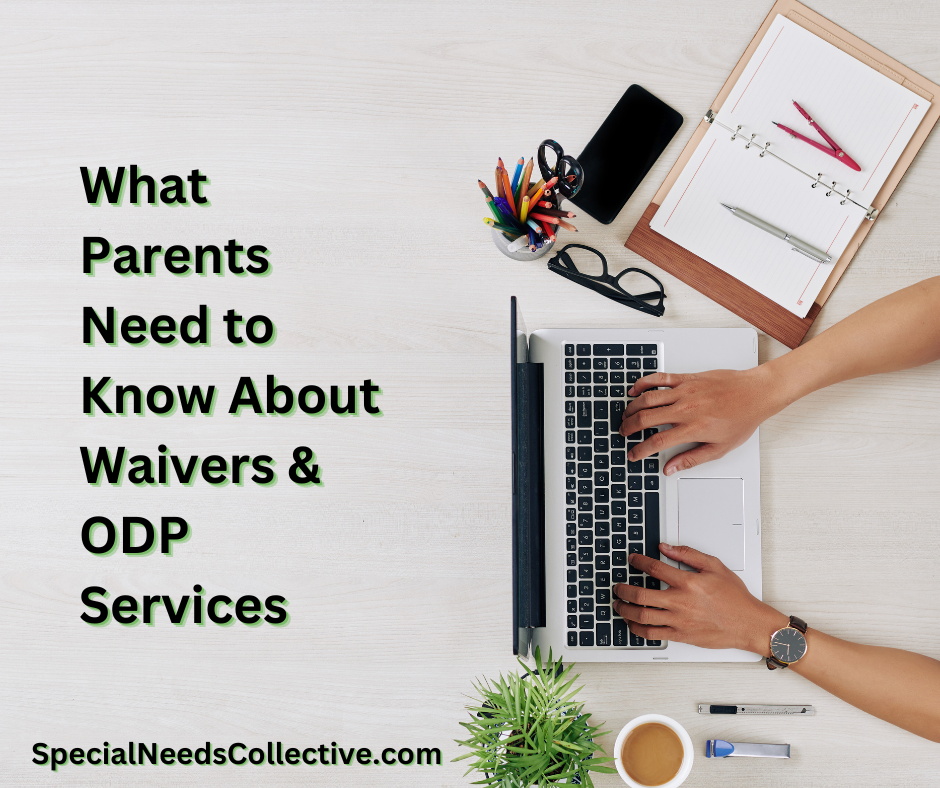Have you ever heard someone say "Autistic people cannot empathize."? Well, I have. Actually, I have heard it a lot over the last two decades. Do you believe that statement? If you do believe it, stick around because I have some things to share that may change your mind.
Walking In Someone Else's Shoes Is Not Easy Or Natural –
Empathizing, being able to understand what someone else feels, even if we don't have direct experience with the other person's circumstance is a necessary social skill. This ability to take someone else's perspective is intuitive to many people, but most often times needs to be learned explicitly by those with ASD.
The ability to "walk in someone else's shoes" is difficult because we live in our world, inside of our own brain 24/7. This is how we see, feel and make sense of the world around us. It takes some work to see the world through someone else's eyes by understanding that it will be different from our own, even if only slightly. For many people this learning was intuitive during child development. For autistic people, especially ASD1/Asperger's, the feelings of sympathy are strong, but how to take that extra step to empathize was not naturally learned.
Executive Functions Related To Social Emotional Intelligence– The autistic brain is overloaded with immediate stimuli internally as well as externally. This overstimulation of information, including feelings, makes it difficult to process and organize information, which presents as executive functioning challenges. Executive skills are necessary in order to navigate social interactions in the moment and need to be automatic as social is extremely quick moving.
The skills related to executive functioning are things like; anticipating what someone may say or do, listening to someone else and formulating a related thought/question, the expectations in any given situation, timing and nature of responses. There are many more, but all are related to the ability of taking another's perspective.
Lack Of Sympathy- Acute Sympathy?– In my professional experience over the past two decades, I feel that acute sympathy is often to blame for what appears to be a lack of empathy. Of course, empathy is hard and needs to be taught explicitly to those with ASD. Now, if you have ever thought that an autistic person does not feel strongly about a sensitive topic or tragic event, it may because their feelings connected to that topic or event are extremely strong, possibly unbearable. This would cause them to suppress the feeling or react in an unexpected way. Another reason is the inability for the brain to make connections between feelings, events and/or expectations.
Tips To Help People With ASD1/Aspergers Sympathize
1)Recognize The Feeling
Help the person identify the experience the other person is encountering. Discuss the feelings we have about the situation and then discuss all of the possibilities if that was happening to us. Sharing our thoughts helps to increase the understanding that we all have different thoughts and feelings, even about the same situation. Now, ask "What do you think they could possibly be feeling?" and give prompts in relation to experiences that are new/novel. An example would be if their friend's grandparent passed away and they have no experience with loss of this nature, they may not be able to empathize. Try to help them understand their friend's perspective by saying something like, "What if you did not get to see Grammy on your Birthday"? or a situation that was sentimental or valuable to try and invoke an emotional connection.
2) Explain The Purpose
It can be challenging to persuade others of the value of empathy, but it is essential in building strong and meaningful relationships. When we genuinely care about someone, we want them to know that we care. This is not only beneficial for them but also for ourselves. By making an effort to understand their perspective, we can establish a deeper connection with them. This deeper connection can lead to closer friendships that are built on trust and mutual understanding. Ultimately, showing empathy is an essential aspect of building healthy and fulfilling relationships.
Short example:
In school we are often passed a test from the teacher or another student. The expected convention is to say "Thank you.", but why? We say 'thank you' not because we are necessarily thankful for the test, but rather for the fact that the person is handing us the test. Just that simple action alone we should say thanks so that the other person feels good about the act of handing the test to us nicely.












